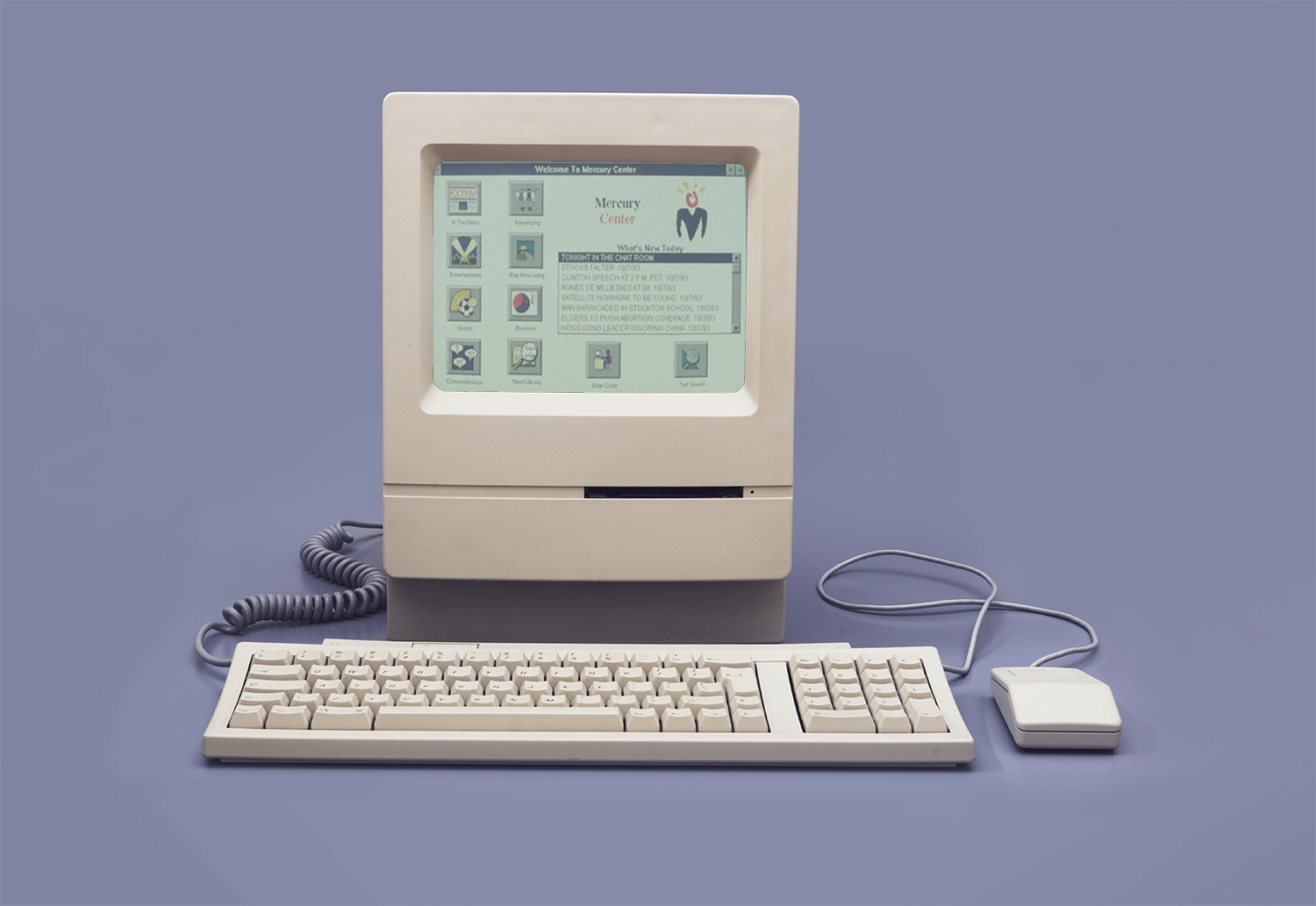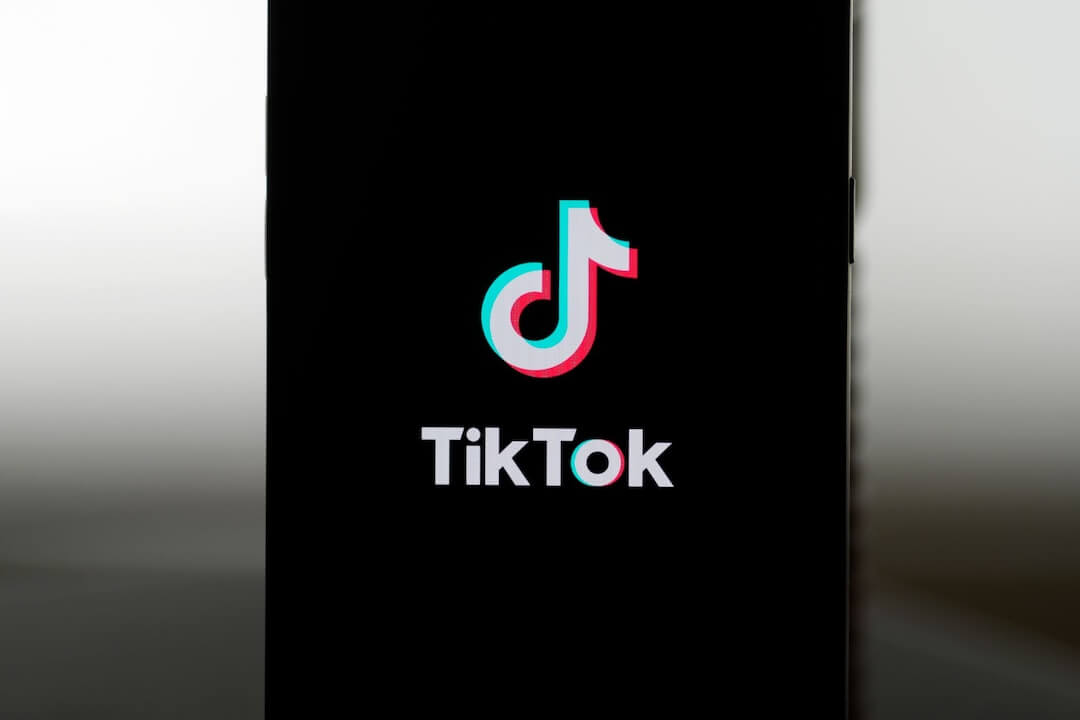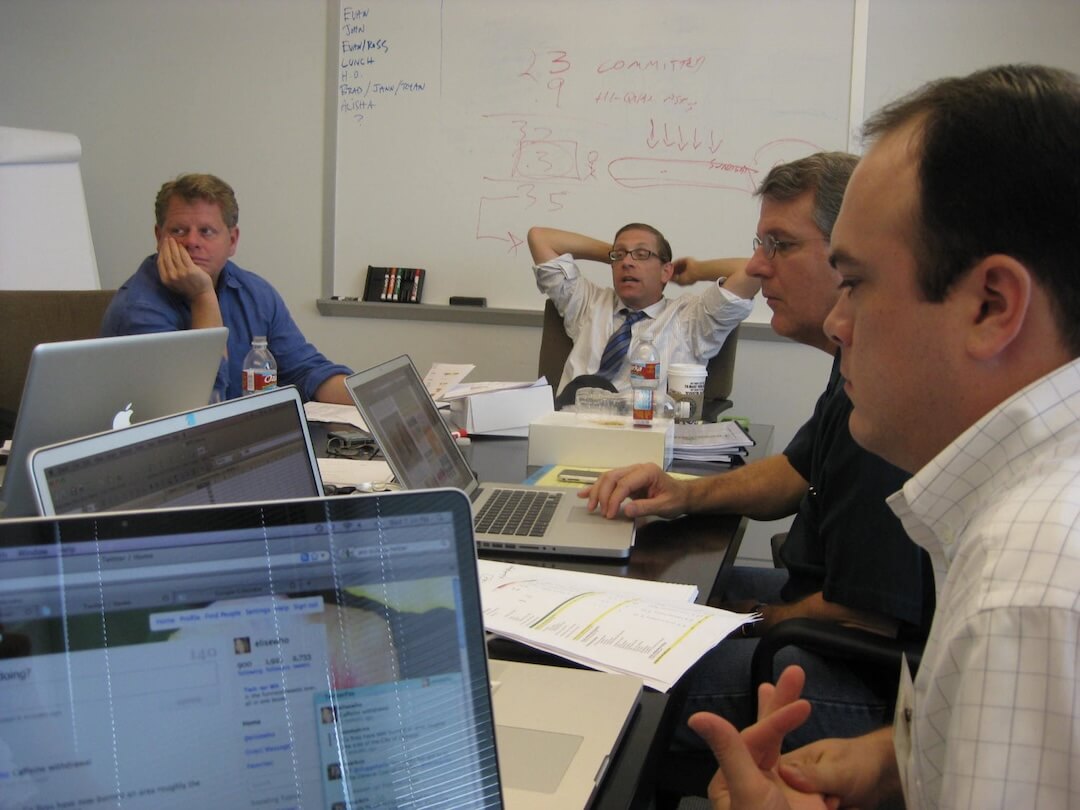Last Thursday, USA Today posted a story on media bias that was itself an example of media bias.
The story covered a flash flood of social media comments about the coverage of the Charleston killer. The issue: the tendency for media descriptions of a white killer to be sympathetic or apologist (“Quiet loner with a mental illness”), while suspects of color (and often victims of color) are described as “thugs” with shady backgrounds.
Of complainers about race-based media bias, the author writes: “They aren’t necessarily wrong. But media experts say they aren’t completely right.” (A passage that doesn’t seem to leave a lot of room for them to be, perhaps, right.)
The media experts in question were a journalism professor at Columbia and the media ethicist at the Poynter Institute—both of whom dismiss the claims.
“My impression is that the media is very careful about casting racially charged aspersions without evidence,” Columbia’s Todd Gitlin said. Poynter’s Kelly McBride concurs.
Instead they suggest that the problem is actually that media-consuming public is too unsophisticated to understand the “complex ecosystem” that is journalism. So apparently it’s not the journalists who are writing the biased headlines and choosing the incendiary terms. It’s the “talking heads” they quote and feature on their programs.
Forgive me if my journalism degree is dusty, but I was taught that a journalist was only as good as her sources. Our job is to find experts who have a relevant viewpoint and something to back up what they say. If I interview a source who is spouting biased misinformation, it’s my job as a journalist to A) press for clarity and factuality, B) provide another viewpoint, and/or C) do some research before or after that would help correct the record. As journalists, we don’t get a pass by saying, “Hey, I didn’t say Trayvon smoked weed. I was just quoting my source.” That’s the definition of irresponsible journalism.
“What I saw in this story is traditional gatekeepers of knowledge, of information pushing back against the voices in the crowd,” says Meredith Clark, Ph.D, assistant professor of journalism at the University of North Texas and an expert on (as in, wrote her dissertation on) the phenomenon of Black Twitter. This story defends the profession rather than critically examining the point being made by the Twitterati. Just because the outcry is happening in 140 characters doesn’t mean it’s not a legitimate call for examination.
Journalists who dismiss the social media melee may be missing out. “Social media is rich place for discourse and sense making,” Clark says. Discussions can be broader, deeper and more inclusive because more voices and views can add to the discussion—in real time. Reporting can be stronger because a wider variety of sources are readily available.
Speaking of variety of voices, it also shouldn’t be lost on the reader that both of USA Today’s two experts quoted happen to be white–in a story that would seem to beg a non-white perspective on race-based bias. It couldn’t have been for lack of ready sources: The National Association of Black Journalists in based in College Park, a few exits on the beltway from USA Today’s headquarters. DeWayne Wickham, the founder of the journalism program at Morgan State University, is a USA Today columnist. There’s a whole crew of folks at NPR’s CodeSwitch who address race. Still can’t find anyone? Do what journalists in the tech age do: Turn to Twitter.
All in all, the story is a fascinating example of meta-bias—reporting on bias from a biased–or at least myopic—perspective. I would like to expect more depth and analysis from a national news outlet. But, then again, I guess analysis is what Twitter is for.
Tamara Jeffries, a former magazine editor, teaches Journalism at Bennett College for Women in North Carolina.





